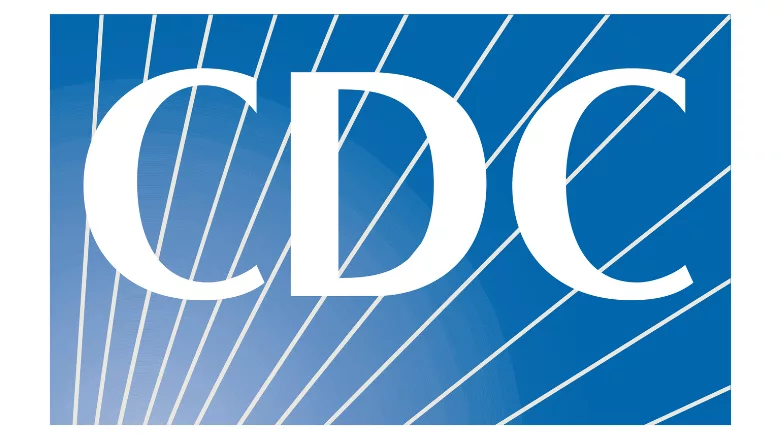CDC Warns About Increasingly Drug-Resistant Shigella

Credit: The U.S. Centers for Disease Control and Prevention (CDC)
The U.S. Centers for Disease Control and Prevention (CDC) has issued a health advisory regarding extensively drug-resistant (XDR) Shigella infections in the U.S. CDC has been monitoring an increasing trend in XDR shigellosis reported through the National Antimicrobial Resistance Monitoring System for Enteric Bacteria (NARMS).
According to CDC, the number of Shigella infections reported to CDC that were caused by XDR strains rose from 0 percent in 2015 to 5 percent in 2022. CDC defines XDR Shigella bacteria as strains that are resistant to all commonly recommended empiric and alternative antibiotics: azithromycin, ciprofloxacin, ceftriaxone, trimethoprimsulfamethoxazole (TMP-SMX), and ampicillin. At present, there are no clinical studies to inform recommendations for the antimicrobial treatment of XDR shigellosis.
Human cases of shigellosis are often caused by the consumption of contaminated food or water, and Shigella bacteria are easily transmissible. Additionally, XDR Shigella strains can spread antimicrobial resistance genes to other enteric bacteria.
CDC is reminding healthcare providers that shigellosis is a nationally notifiable disease; cases of XDR Shigella infection should be reported to local or state health departments.
Looking for quick answers on food safety topics?
Try Ask FSM, our new smart AI search tool.
Ask FSM →






